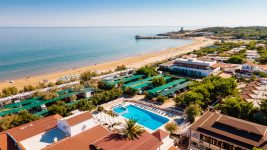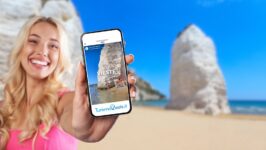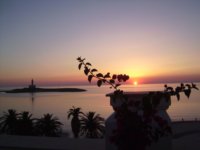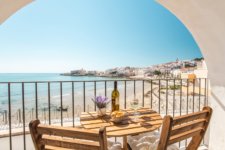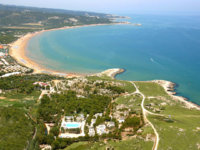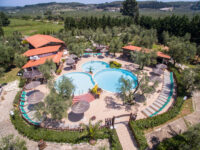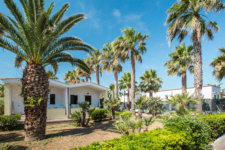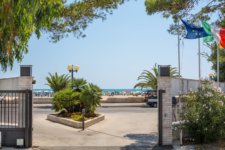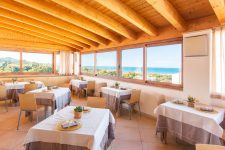Good news for the summer!
A study, taken up by the Spanish Superior Scientific Research Council (CSIC), tells us that if social distancing measures are respected, the contagion of the SARS-CoV-2 virus with bathing activity is very unlikely.
Swimming pool disinfectant and sea salt water weaken the virus, making bathing activities quite safe.
Furthermore, on the beach, in addition to sea salt, the joint action of ultraviolet solar radiation and the high temperature that the sand can reach are favorable for the inactivation of pathogens.
Considering the large bodies of water, chemicals such as chlorine and salt, as well as sunlight, we could go on vacation safely.
Lo studio Spanish, taken from green me, summarizes the state of the art of what is described in the scientific literature as of May 5, 2020 and endorsed by the opinion of the signatory researchers.
The study tells us that:
1. The main transmission route of SARS-CoV-2 in beaches, rivers, lakes and swimming pools is through respiratory secretions generated by coughing and sneezing and person-to-person contact, therefore the general recommendations for any other place apply
2. In recreational activities, infection with SARS-CoV-2 by contact with water from standard conditions is highly unlikely. However, these activities generally result in a loss of recommended social distancing measures.
3. In swimming pools and spas, where the use of disinfectant agents is widely applied in order to avoid microbial contamination of the waters by the influx of users, the residual concentration of the disinfectant agent in the water should be sufficient to virus inactivation.
4. Aerosols generated from water in a spa or medicinal water facility will have the same disinfecting characteristics as bath waters from these facilities.
5. In cases where the environment of the facilities is maintained at high temperatures, such as in the case of saunas and steam baths, it is expected that, due to the high temperature (> 60 ºC), the survival of the virus is reduced .
6. Although there are currently no data on the persistence of SARS-CoV-2 in seawater, the dilution effect, as well as the presence of salt, are factors that can contribute to a reduction in viral load and its inactivation by analogy. to what happens with similar viruses.
7. The survival of SARS-CoV-2 in fresh and untreated water of rivers, lakes, swimming pools and puddles may be higher than that in swimming pools and salt water, and therefore the precautionary measures to avoid crowds, these being the most discouraged aquatic means compared to other alternatives, especially small pools where dilution is less effective.
8. Although there are no studies on the prevalence of viruses in the sand present on beaches or river banks, the joint action of sea salt, ultraviolet solar radiation and the high temperature that the sand can reach, are favorable for the inactivation of pathogens.
9. It is not advisable to disinfect the floors of natural spaces with the normal procedures for urban public spaces. Any form of beach sand disinfection must be environmentally friendly.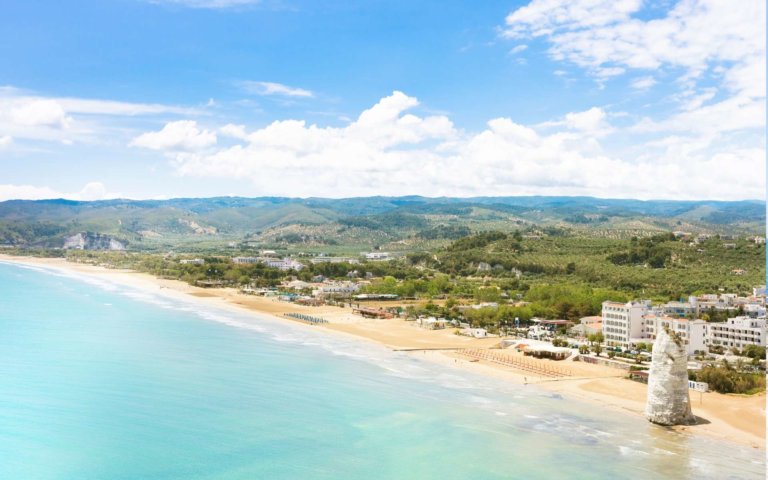

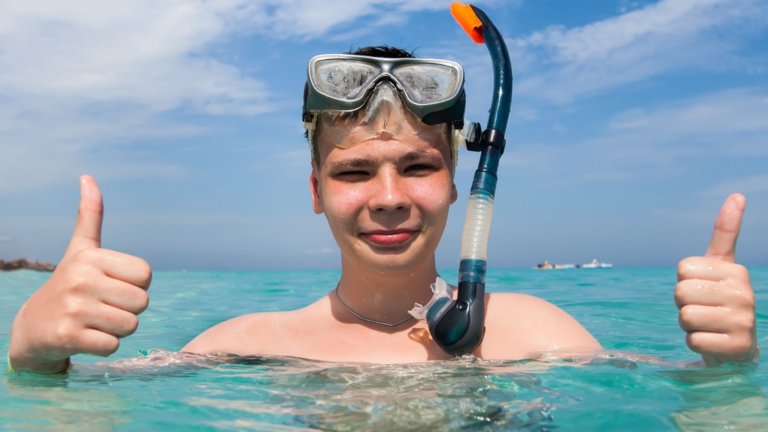
 Turismovieste.it is created by
Turismovieste.it is created by 